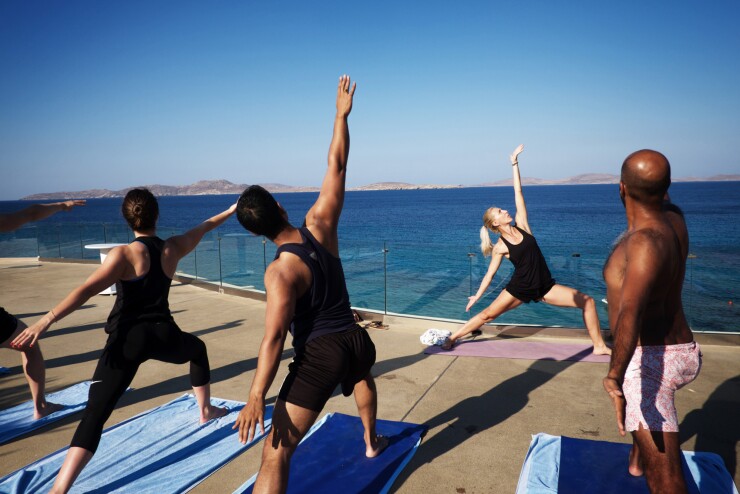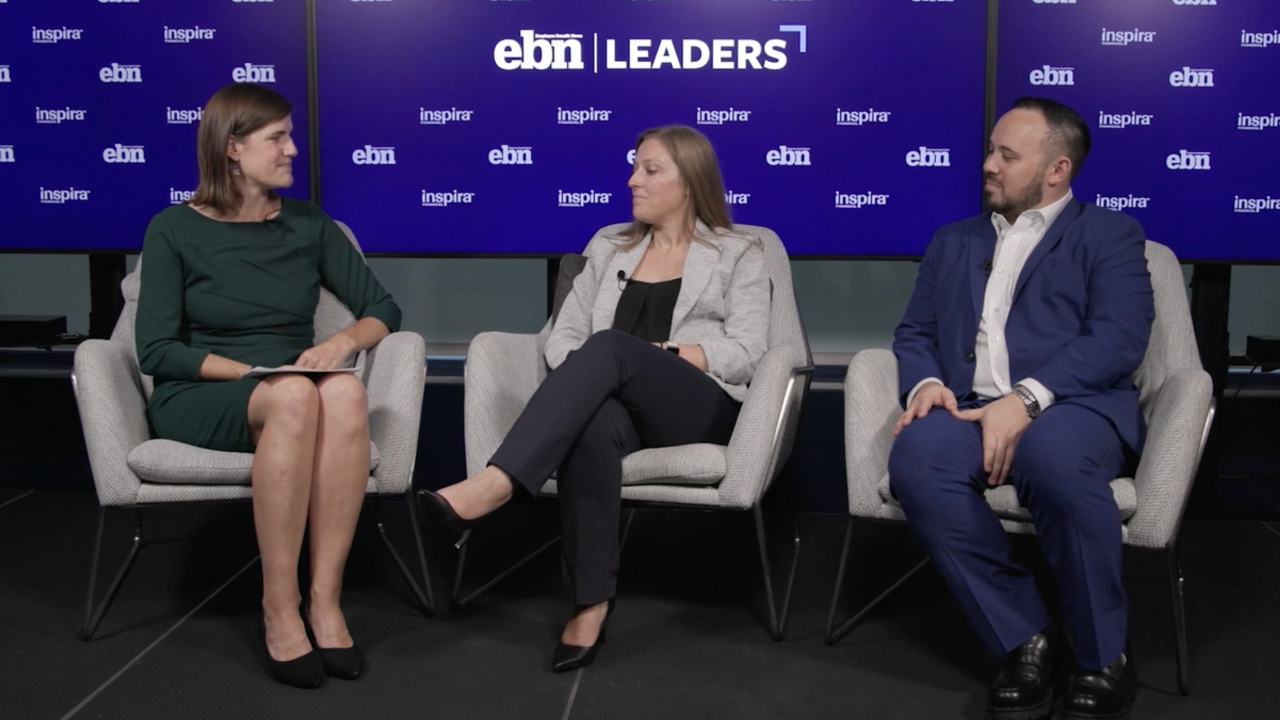Employers have been challenged with adapting their benefits to support a remote workforce, especially when it comes to boosting employee health, wellbeing, and morale.
But while many employees are struggling to stay active and physically well amid the pandemic, employers can adapt their physical wellness benefits for a virtual world.
For Sana Benefits, a health benefits provider, this meant evolving a benefit they were already offering employees through ClassPass, a subscription-based provider of fitness classes they’ve been utilizing since 2018.
Read Also:
“We’ve been partnering with ClassPass recently to offer events for HR professionals who have been through a rough time during the pandemic,” says Tanner Bond, head of marketing at Sana Benefits. “ClassPass has been great about sourcing meditation, yoga and even nutrition sessions.”
In a recent one-one-one interview, Tanner and Nicole Wolfe, the head of corporate programs at ClassPass, shared their thoughts on the importance of wellness benefits and how to adapt them to a virtual environment.
How has COVID-19 changed what benefits you offer?
Bond: ClassPass has pivoted their offerings to a lot of remote-friendly and virtual offerings. Having that has been critical for our customers during the pandemic so they can stay healthy and keep some sense of normalcy. A big focus for us is just going out and finding partners that are offering things that people can access remotely.
Wolfe: Now that we've gone digital, it's actually helped, broaden our reach for a lot of employers because people have moved homes, or are in remote locations, or even different countries. One of the big benefits to this pivot is employees can now take a ‘Barry's bootcamp’ class, even if they happen to be in the middle of nowhere in Nebraska.
Read Also:
Similarly it's been really unique to see these livestream classes and private classes for both employers and companies. It has been really fascinating to watch because you can take a class with your coworkers no matter where they are. You might have a team in London at 5pm taking a class with your San Francisco team at 9am. So it's really a different way to connect with your team members that’s not another Zoom happy hour.
Prior to COVID, we were really focusing on wellness and fitness benefits. Now that we've been able to provide more digitally, we're able to offer things like online personal training, nutrition counseling and meditation.
Why is it important for employers to recognize the need for mental and physical health benefits?
Wolfe: It’s almost impossible to have physical well-being without mental well-being and employers are starting to recognize that. Thinking about health and wellness over the last couple of decades, mental health has been the scariest thing to broach. I've been really encouraged because COVID has actually created an opportunity for employers to have a real conversation around that.
Bond: We're really focused on providing value-based care and trying to get our employer clients aligned with that strategy. I think they see it as a boon to decreasing their health benefits cost over the long term, if they can nudge their employees to be healthier, both mentally and physically. We see that with the other benefits we offer, be it Maven for maternity care or Ginger for mental and emotional support. All of those things are largely preventative. Much of really good healthcare is just putting in place these practices to prevent chronic illness or another health condition.






